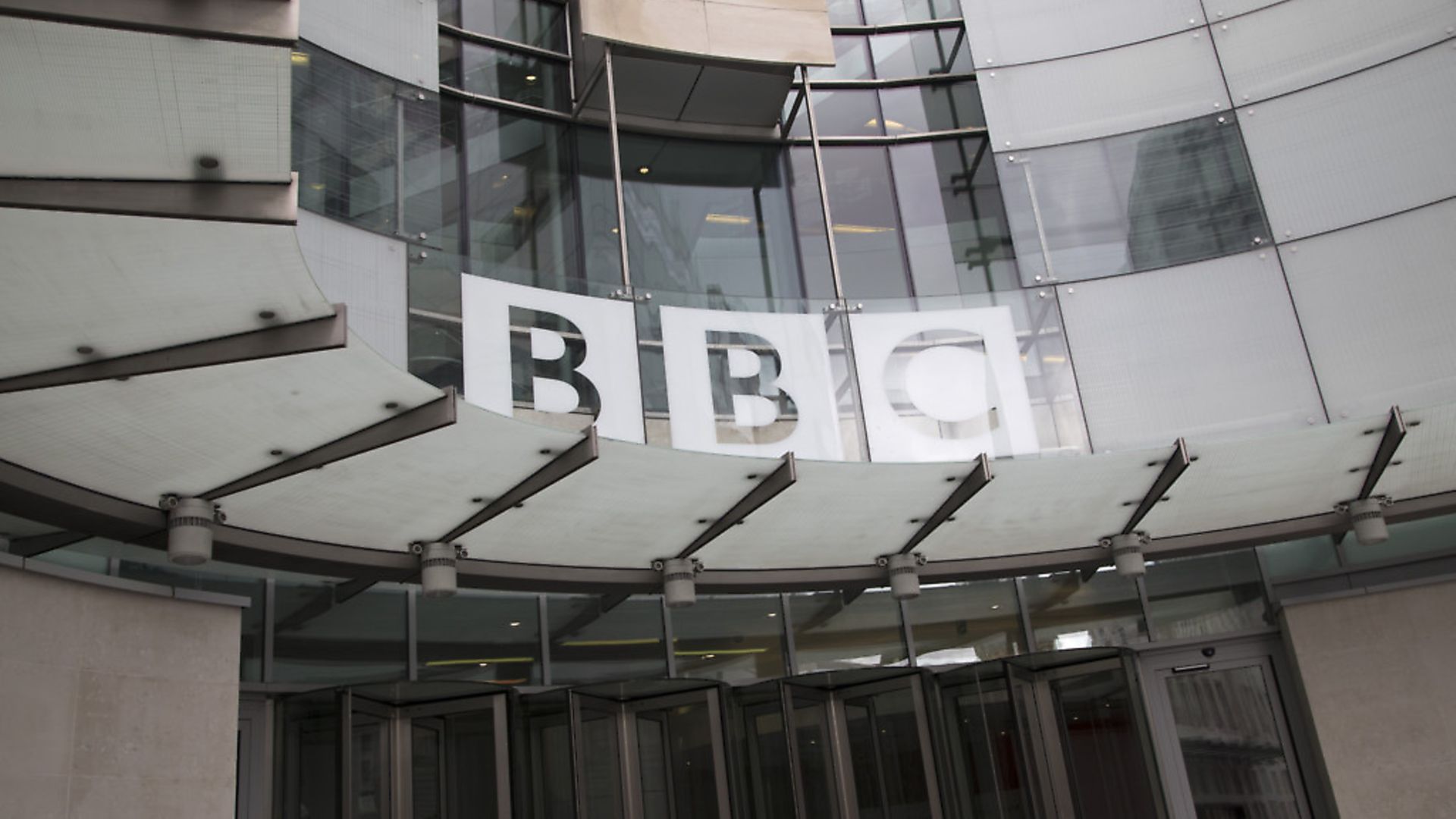
Mark Mardell slapped down by bosses for apologising for talking about ‘People v Parliament’ election; new book reveals what’s more extreme than Priti Patel; and Boris Johnson meets The New European’s boss.

The BBC’s corporate pro-Brexit bias was laid bare over the weekend when its press office found itself in stark disagreement with one of its most senior journalists over what constitutes a breach of its own impartiality rules.
On Twitter, I took Mark Mardell to task for talking on Broadcasting House on Radio 4 about the forthcoming “people versus parliament election”, without attribution or qualification. “I totally and unreservedly accept the term should have been qualified as a No.10 strategy,” Mardell told me. “I accept I was wrong.”
Astonishingly, the BBC press office, presided over by the former No.10 spin doctor John Shield, later disputed what Mardell had said. “The phrase is clearly being used in the context of Downing Street’s strategy,” the press office stated. “We disagree with the suggestion it’s somehow not impartial to use that language when it’s being analysed.”
Shield is a favourite of the director general Lord Hall and was last year awarded a 12.8% pay rise to take his salary to £220,000. The BBC press office under him has become increasingly politicised. Last year it informed me, ludicrously, Sir David Attenborough had no view “one way or the other” about Brexit. It’s currently dealing with the backlash from the decision to reprimand Naga Munchetty for saying on BBC Breakfast she found it upsetting when people used the phrase – as Donald Trump had – “go back to where you came from”.

So far as Mardell is concerned, it makes a change for a BBC journalist to own up to a mistake. When I asked his colleague Christian Fraser on Twitter about allegations he’d flagrantly misrepresented a group of Burnley FC supporters as Leavers when they had in fact changed their minds, he blocked me.
Patel’s oversight
Priti Patel, who had to quit Theresa May’s cabinet after failing to come clean about her secret dealings with the Israeli government, is now back in favour as Boris Johnson’s home secretary.
Still, after her previous issues, might one respectfully suggest that she and her husband Alex Sawyer make the necessary declarations about Tamesis Consultants, which he runs from the family home in Bexley in south-east London? She has made no mention of the loss-making business in the register of ministers’ interests. And nor has Sawyer in his declarations at Bexley town hall, where he sits as a councillor.
Patel, by the way, gets a mention in The Little Book of Brexit Bollocks, which is published today by Simon & Schuster. The playwright Alistair Beaton has written the lethally witty book with Tom Michelson. They answer the question: what is more extreme than Patel? “Chili enema. Crystal meth. Amputation without anaesthetic. Naked bullfighting. Night out with paratroopers in Aldershot. Morrissey…”
Digging in
John McDonnell, the shadow chancellor, has belatedly called for a civil service inquiry into claims that wealthy supporters of Boris Johnson stand to profit from a no-deal Brexit.
Sir Anthony Bamford, the JCB digger boss, is thus unlikely to be thrilled that Johnson in his latest declaration in the register of members’ interests says he has accepted £141,000 in donations from him and his company. There are 11 donations reported running from January to August.
JCB was, incidentally, fined £35.5 million by the European commission in 2000 for anti-trust breaches.
Mending fences
Mandrake is all for championing unity in a divided country. So top marks to Boris Johnson for not being rude to my boss Matt Kelly when he let slip at a gathering of regional editors and publishers at 10 Downing Street that he also happened to be responsible for founding The New European.
I’d like to salute, too, Richard Tice, the Brexit Party chairman, who had the good grace to go up to Gina Miller after her Supreme Court victory against Johnson to shake her hand and congratulate her.
I let the side down, however, when I found myself sitting on a sofa outside a BBC studio beside Nigel Farage. I looked at him. He looked at me. I looked at his bodyguard. His bodyguard looked at me. I heeded my mother’s advice: least said, soonest mended.
Warning: Illegal string offset 'link_id' in /mnt/storage/stage/www/wp-includes/bookmark.php on line 357
Notice: Trying to get property 'link_id' of non-object in /mnt/storage/stage/www/wp-includes/bookmark.php on line 37







